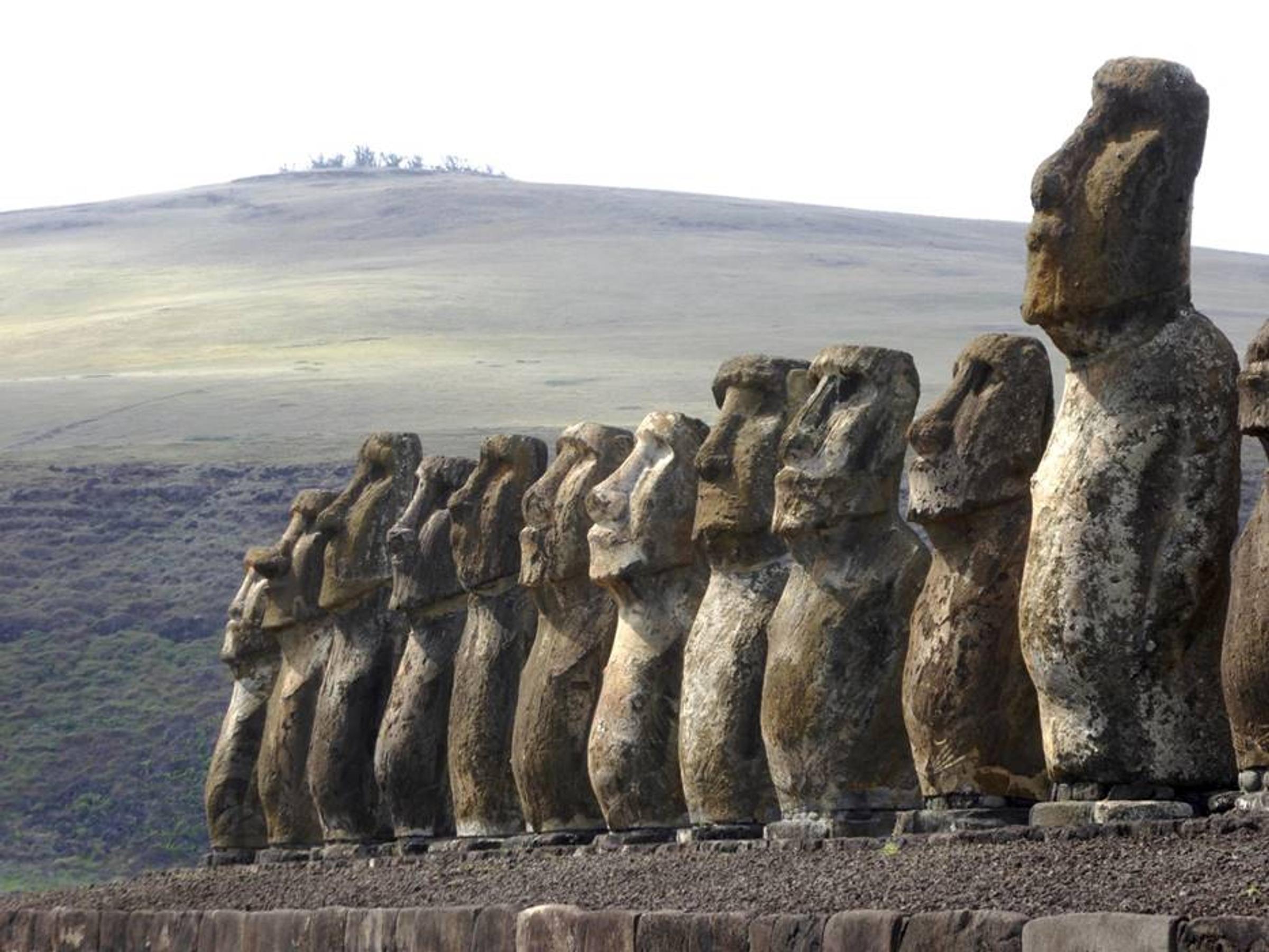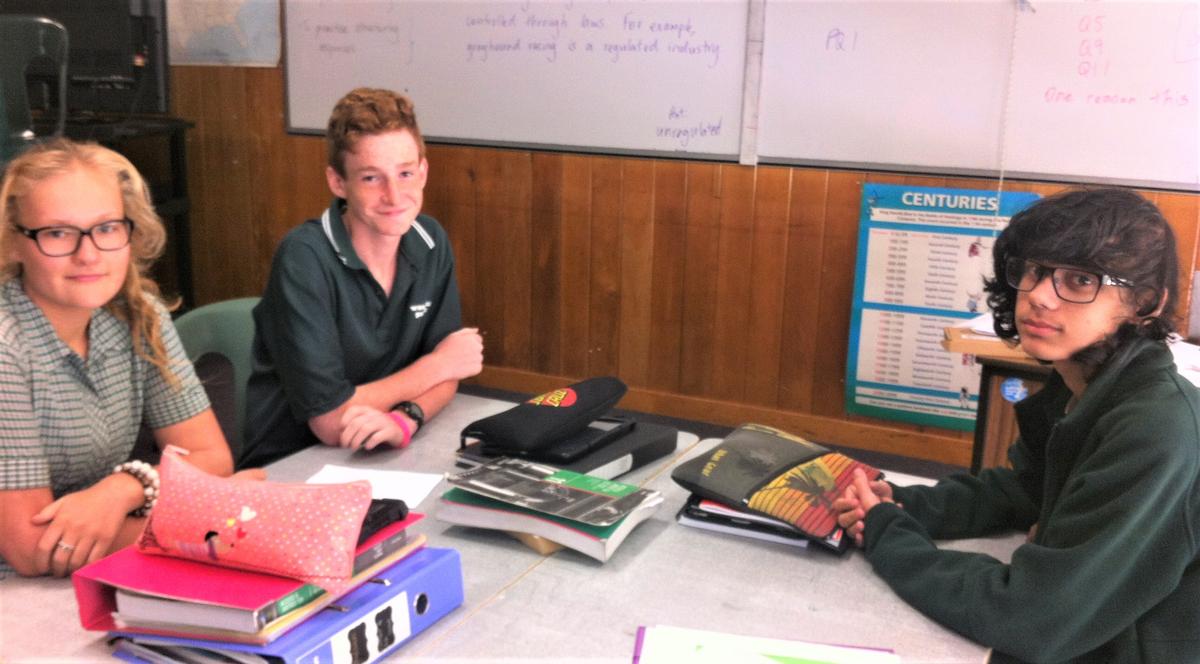Humanities

Spotlight on … VCE
During their third week of classes, we caught up with some VCE Humanities students to ask what they have learnt so far, and why this is important.
Sarah Hirst and Katherine Cahill — Economics Unit 1
We’ve been learning about relative scarcity, which is when you have limited resources but unlimited demand so you can never have everything you want. We have also learnt about opportunity cost, which is when you have two possible things to do — like skiing and snowboarding — but you can only choose one with the limited resources you have (eg time). The one you didn’t choose is the opportunity cost as you were unable to do it.
It is important to know about these things because economics affects all aspects of life. Learning these things helps us to understand some decisions that the government makes as well as how businesses make their decisions.
Josh Burgmann — Legal Studies Unit 1
In Legal Studies we’ve been learning about parliament and government — and specifically about the three levels of government and how laws are passed.
This helps us to understand how our country works, which is vital if we want to be informed voters in the future.
Photo: Hannah, Josh and Nick discussing the role of the Senate.
Jacinta Eldridge — Accounting Unit 3
We’ve been learning double entry accounting, which is a form of accounting where we analyse each transaction and record it in corresponding ledgers to analyse the effect that the transaction has on the accounting equation.
This year we need double entry accounting a lot, so it is important that we have a deep understanding of it. In real life, double entry accounting is used in all business reporting.
Nic Jacobsen — Sociology Unit 3
We have been learning about Australian Indigenous cultures and the different ways in which Indigenous Australians can be represented.
This is important because Indigenous Australians struggle to overcome negative perceptions of their culture. More should be done to promote awareness and understanding of Australian Indigenous cultures.

